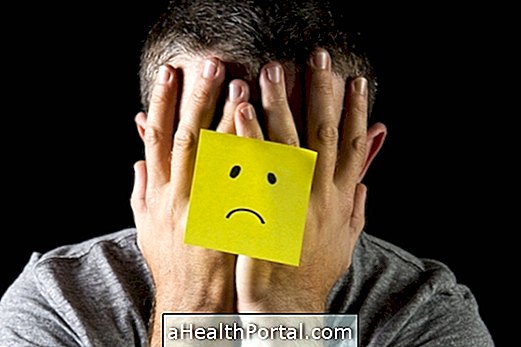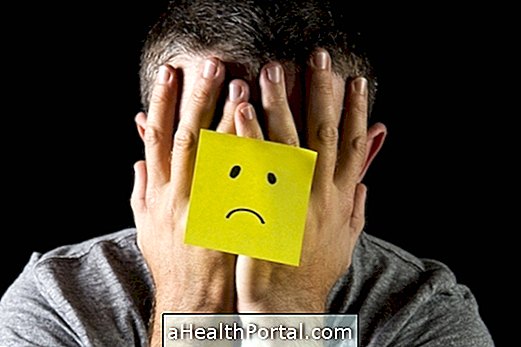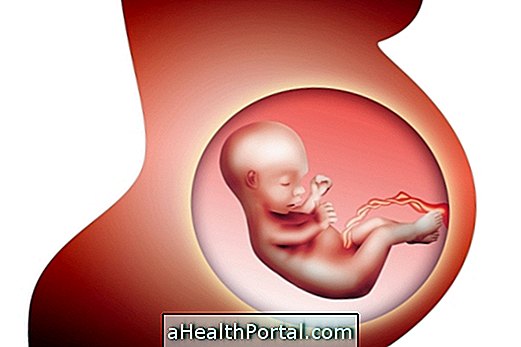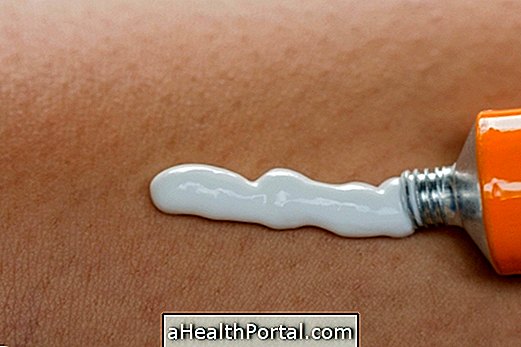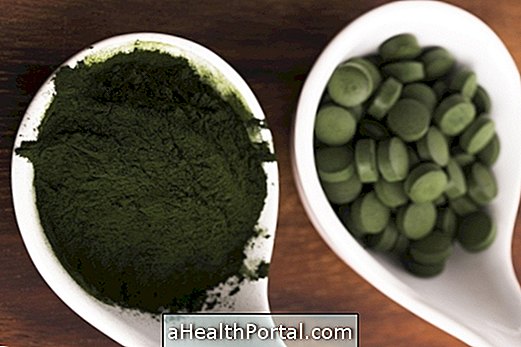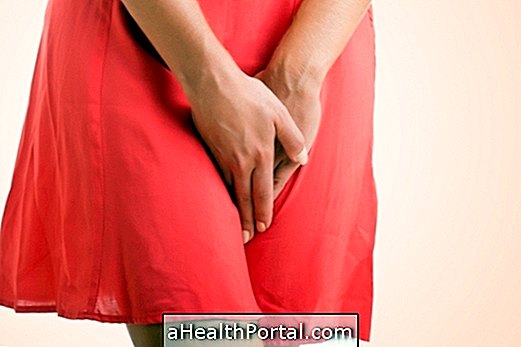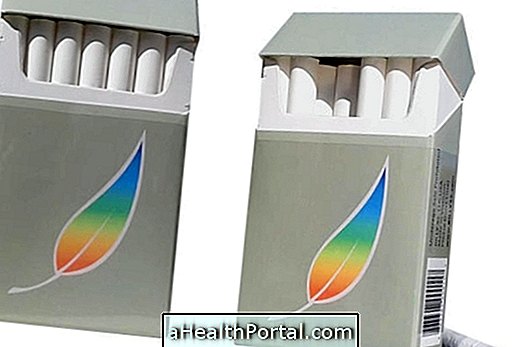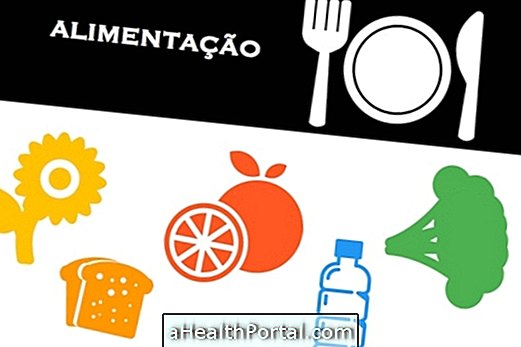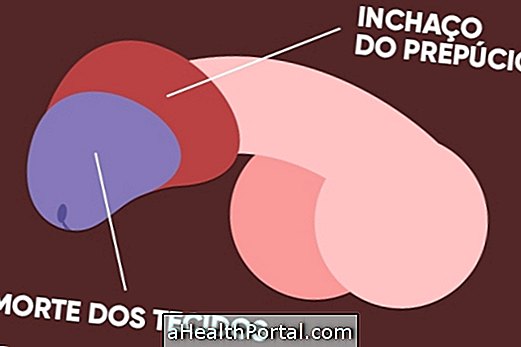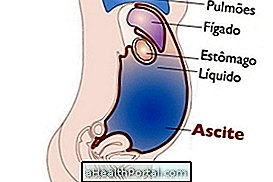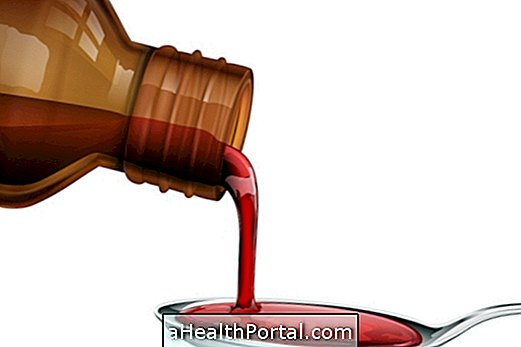Excessive and abusive use of social networks such as Facebook can cause sadness, envy, loneliness and dissatisfaction with life, while addiction is fueled by fear of being left out or losing something. The accumulation of these negative feelings can cause psychological problems such as excessive stress, anxiety or depression, which is a problem for people who use the social network more than 1 hour a day.
Depression is a psychological illness that at first may be silent, as the main symptoms that arise include constant and unreasonable sadness, excessive tiredness, lack of energy, forgetfulness, loss of appetite and sleep problems such as insomnia. On the other hand, too much stress can cause palpitations and anxiety causes a feeling of shortness of breath, wheezing, and negative thoughts.
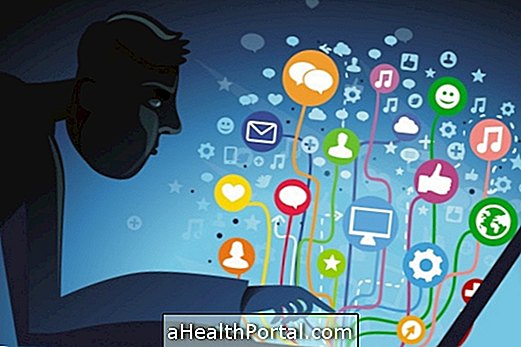
How to know if I'm addicted
It is important to know how to identify when you can be addicted to social networks and so you should be aware of the following signs:
- If you get anxious or have palpitations just thinking about staying without internet or without cell phone;
- Stay looking all the time for your posts to know who liked or who commented;
- Have difficulty eating dinner or lunch without looking on the cell phone;
- If ever you need to comment or have to put a photo on the social network.
These behaviors tend to affect more teens, people with low self-esteem, introverts, with few friends or who have recently terminated relationships, so it is very important to be well aware of addiction, especially in these situations.
Health problems that can be caused
Whether Facebook, YouTube, Twitter, Google Plus, Instagram, Snapchat, Reddit, Tumblr or Pinterest overuse and abusive any of these social networks can trigger several negative feelings such as:
- Sadness, envy and loneliness;
- Dissatisfaction with life and feeling incomplete;
- Rejection, frustration and anger;
- Concern and revolt
- Boredom and repulsion for the lives of others.

In addition, addiction on social networks can also cause a feeling known as fear of being left out or fear of losing something, from English " Fear Of Missing Out - FOMO", which increases the need to continue updating and consulting the social network.
These feelings may vary from person to person, but they end up severely affecting mood and mood, changing the way a person views life.
In more severe cases, these feelings can even lead to the emergence of psychological disorders such as depression or anxiety, for example.
How to use social networks without harming your health
When using social networking, the important thing is to use these platforms in moderation so as not to harm your health. So, some rules to follow not to abuse include:
- Do not consult the social network at all times;
- When you are on your lunch break, opt to chat with colleagues and do not have lunch while looking at social networks;
- When you go out or snack with friends, disconnect the social networks from your cell phone and enjoy the company;
- Stipulate short periods of the day to look at social networks;
- If you feel any emptiness, sadness or depressive feelings, go for a walk or combine a program with a friend or relative;
- When you go out with your friends, take pictures for you and not just post on social networks.
Also, remember that social networks often only show the best times of your friends' day, leaving out their frustrations, sadness and times less good than the days that are normal. Therefore, it is very important to be alert and to learn to differentiate the simple sadness of depression that requires medical follow-up.
For those recovering from depression, it is important to put social networks aside and invest their time in recovery and treatment. Social networks can end up worsening feelings of sadness and loneliness, and preventing relationships and interactions with others that are essential to recover from this disease. In addition, consumption of foods high in Seretonin such as spinach, bananas, tomatoes and nuts can help get out of depression by completing the treatment. See 7 foods that help you get out of depression faster.



